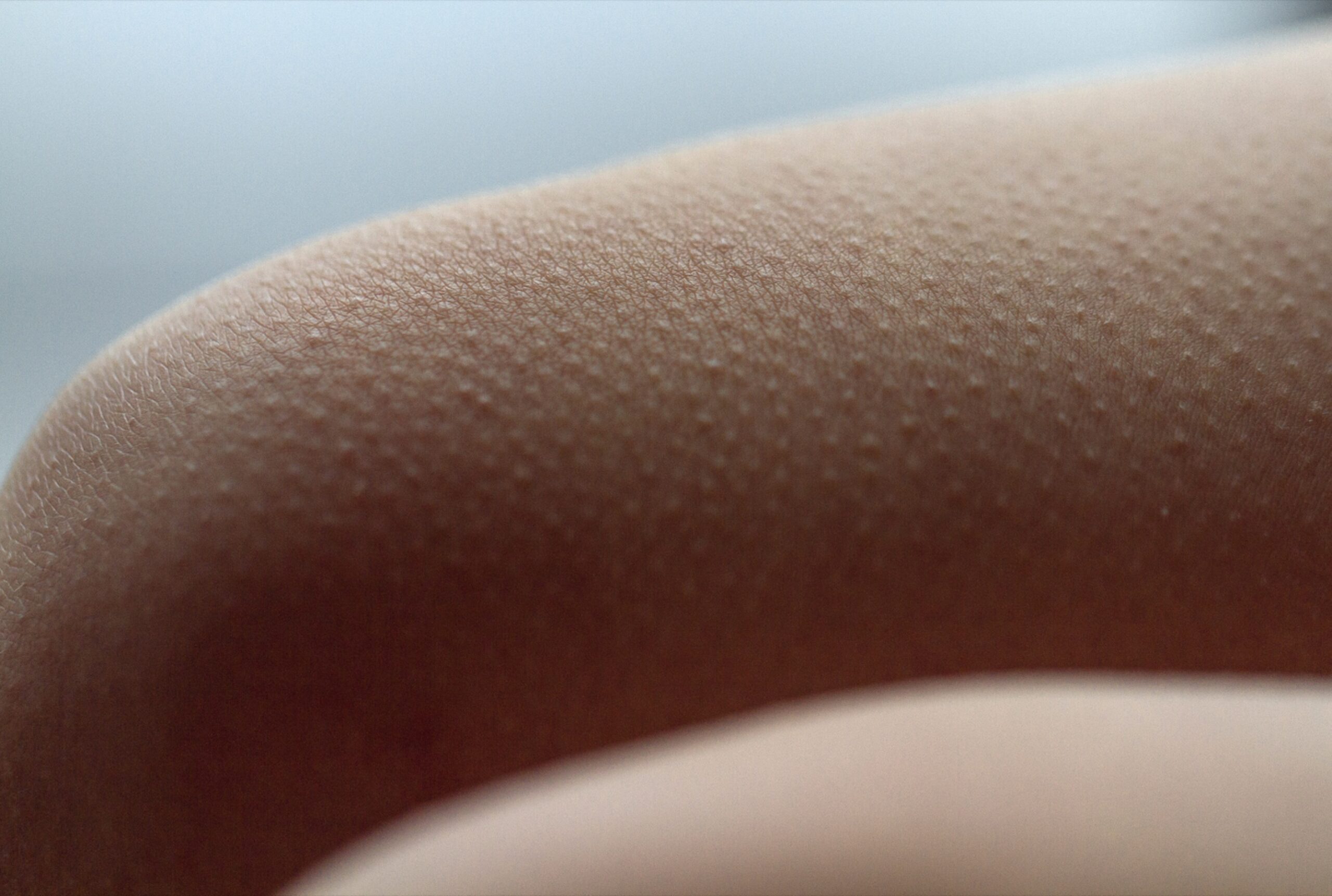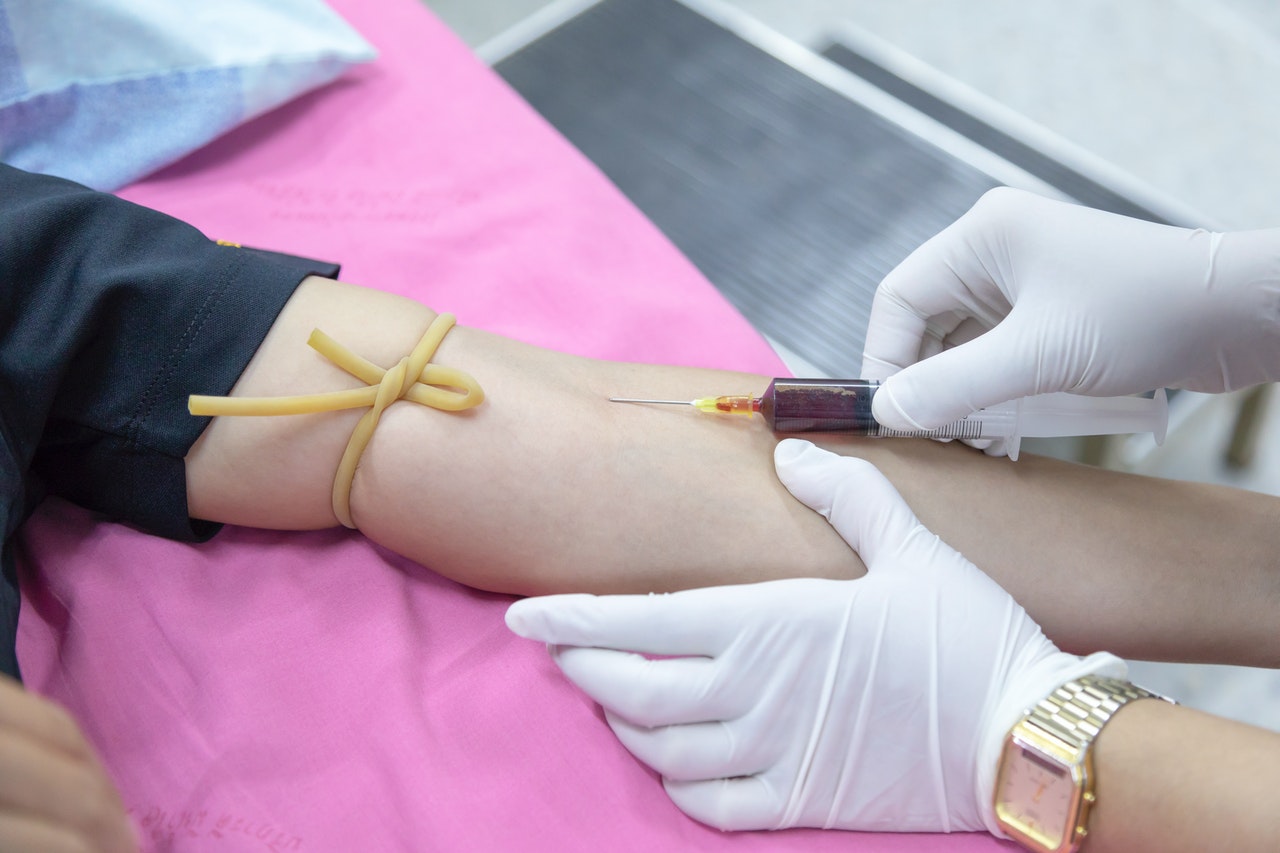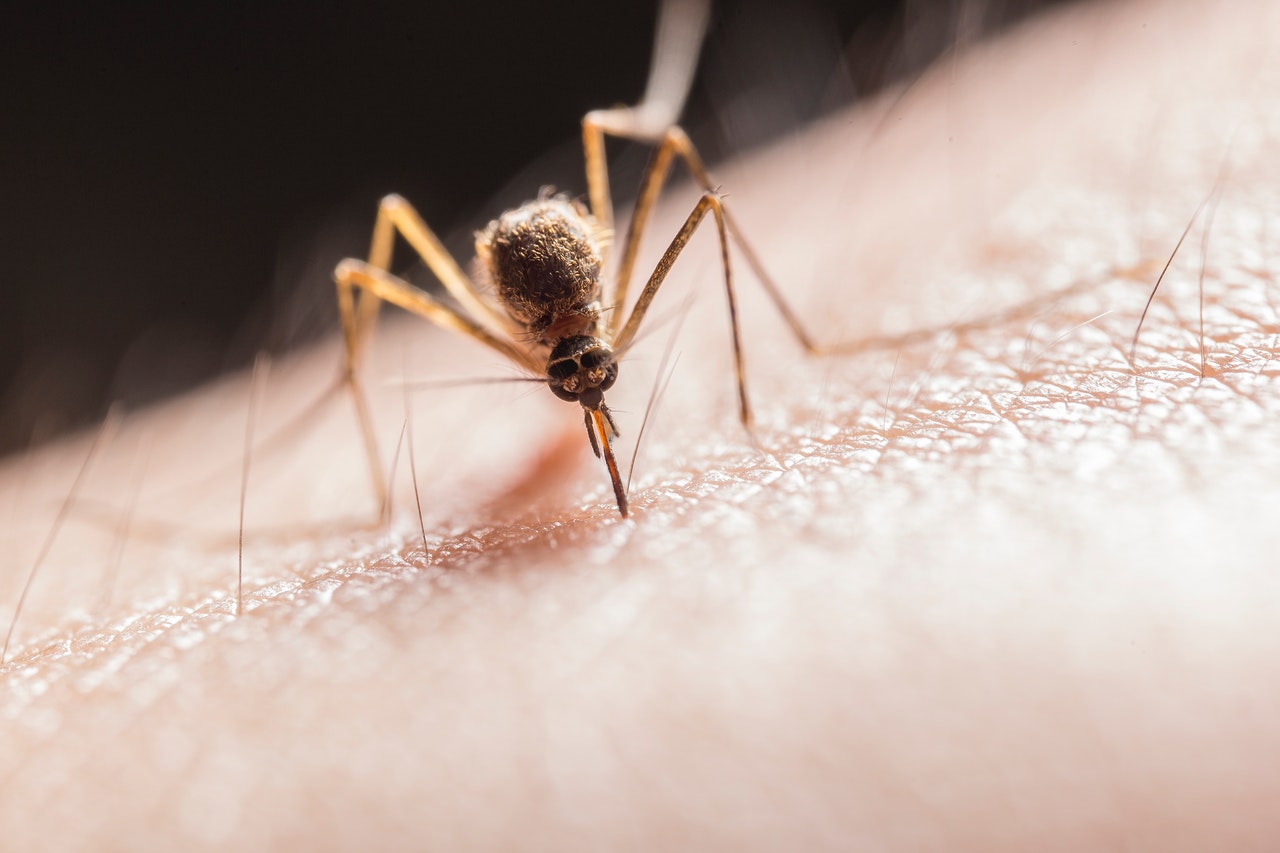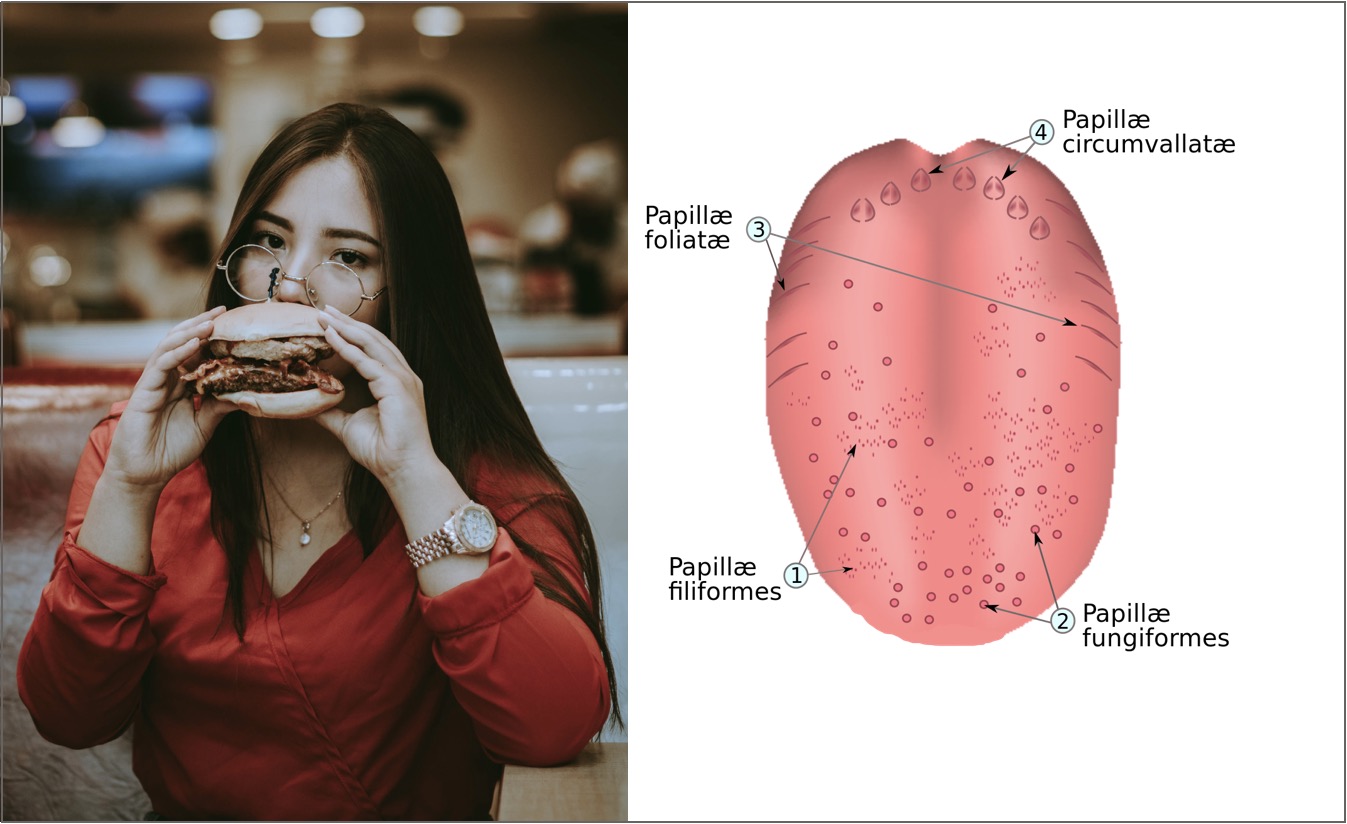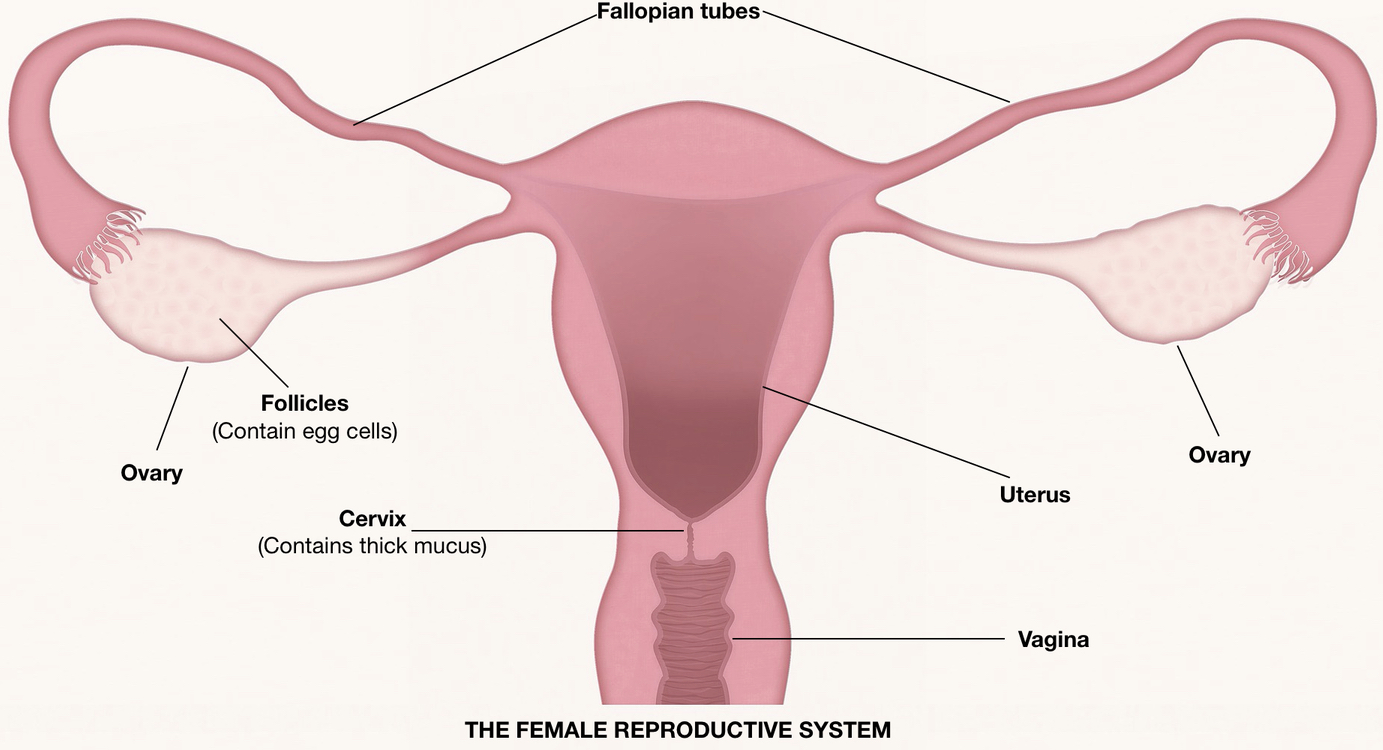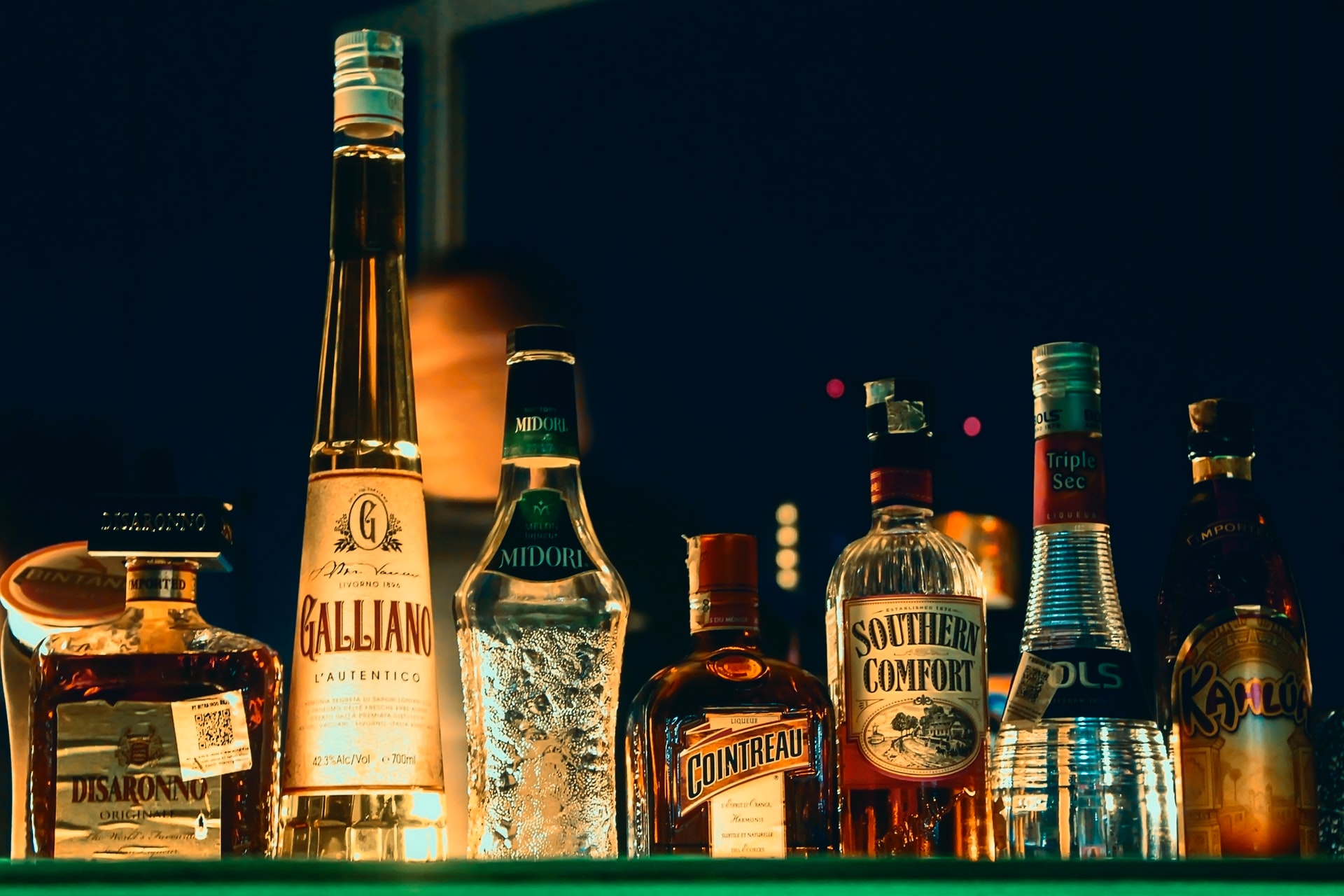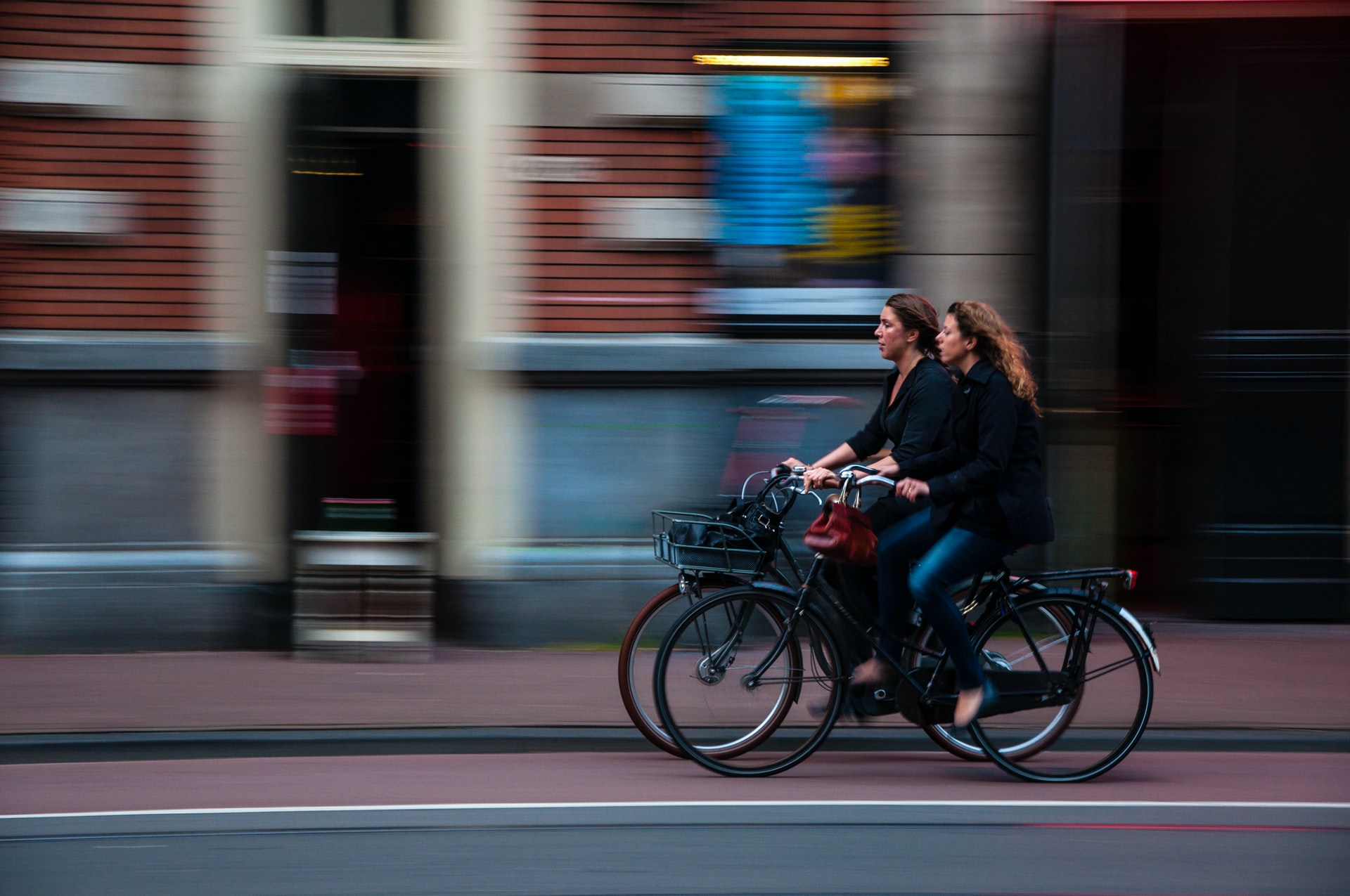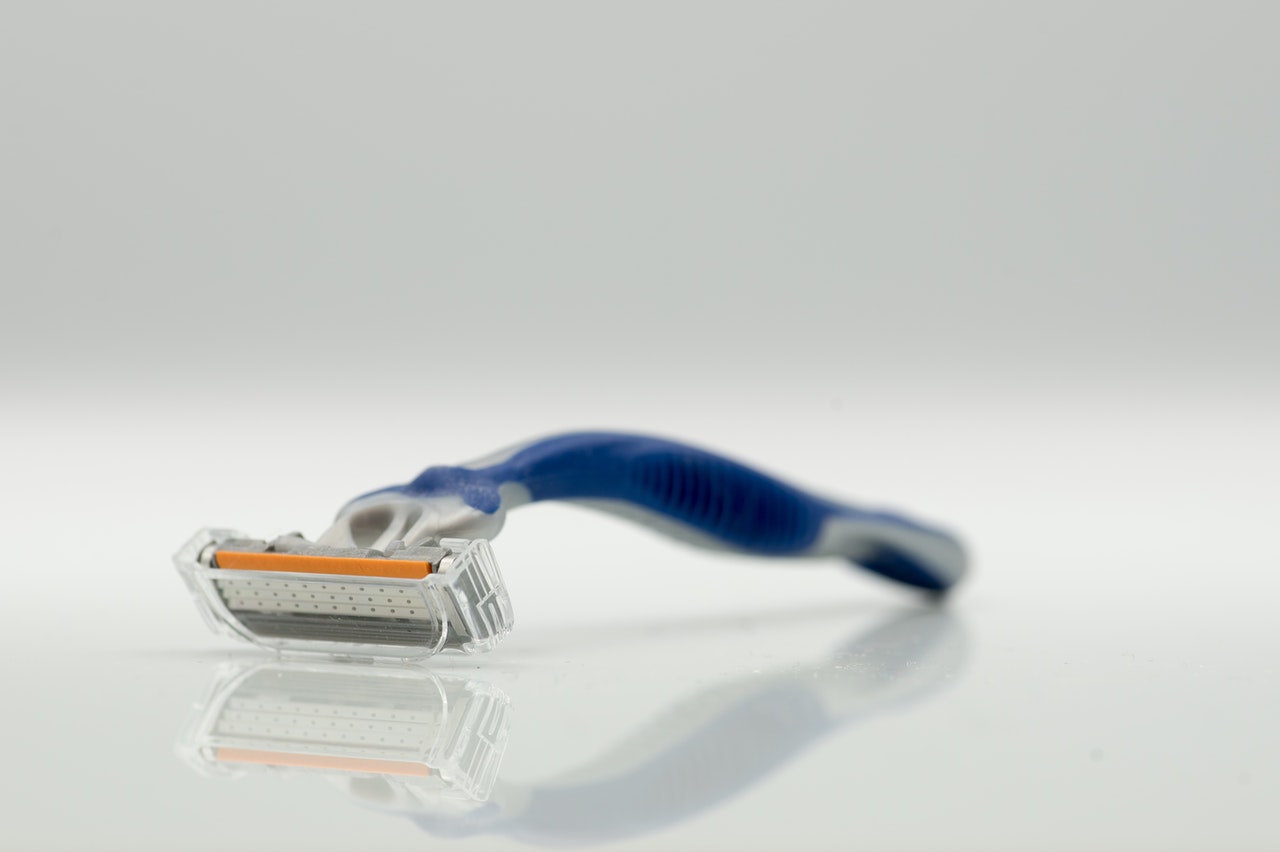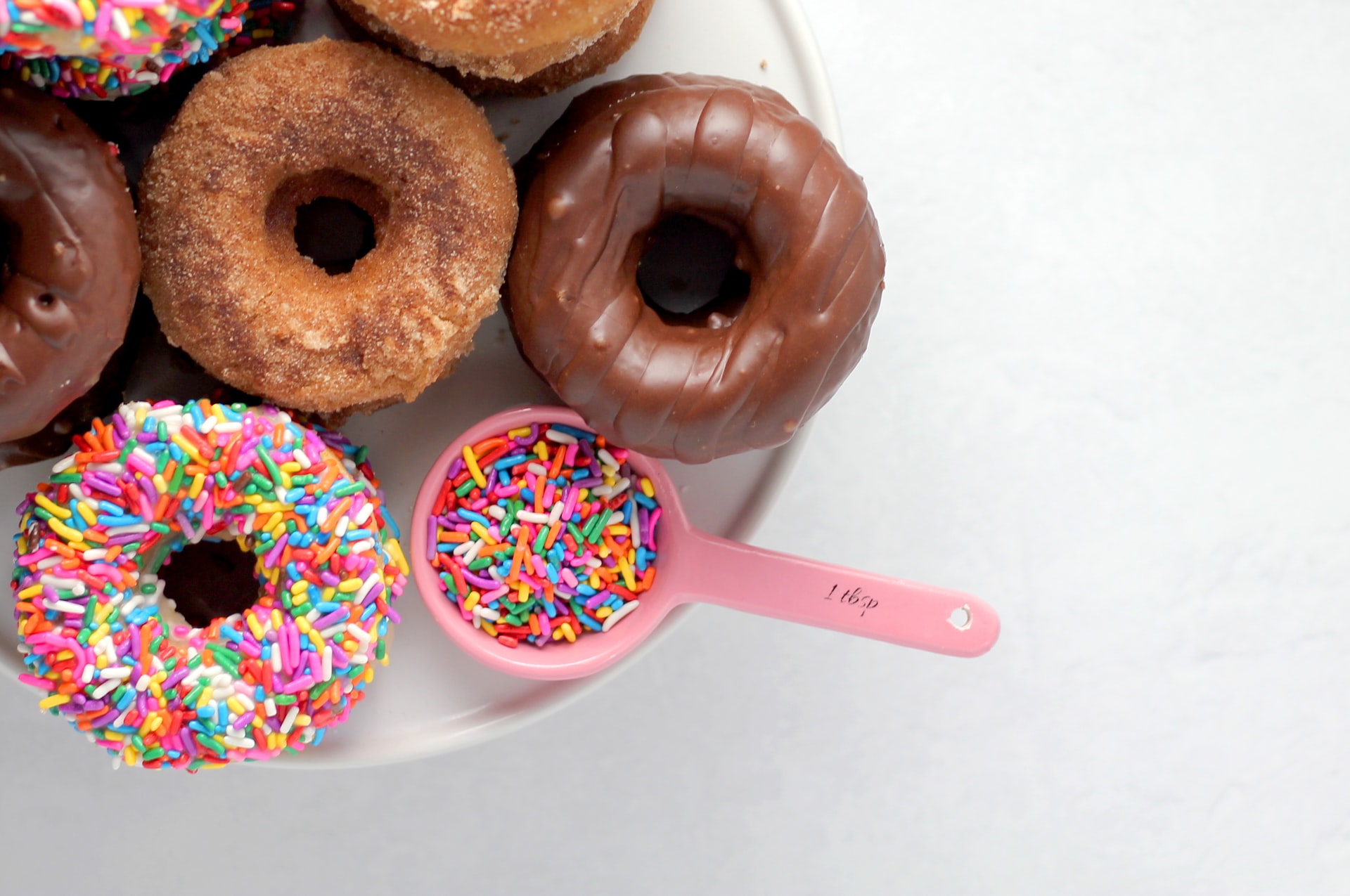Reading Time: 2 minutes
- Upon consumption, alcohol enters the stomach and then the small intestine.
- After a few processes in the small intestine, it is absorbed into the blood.
- Once in the bloodstreamIf the stomach is full of food, the transfer of alcohol from the stomach to the small intestine, and, therefore, to the blood takes time & the impact of alcohol is less., alcohol moves to other organs, such as the liver.
- As much as it can, the liver breaks down alcohol into acetic acid.It is a 2-step process: In step 1, an enzyme (protein) called Alcohol DeHydrogenase (ADH) breaks alcohol into acetaldehyde, which is toxic. So, in Step 2, another enzyme called Acetaldehyde DeHydrogenase (ALDH) converts acetaldehyde into acetic acid.
- The cells of the body break acetic acid down further into carbon dioxide and water, which get eliminated from the body through breathing & urination.
- But since the liver can metabolize only so much alcohol at a time, alcohol travels through the bloodstream to other organs, such as the brain.
- A human brain has a number of chemical messengers that it uses to communicate with the body parts.
- One of these chemical messengers is GABAGamma AminoButyric Acid. GABA calming tablets are given to people to relieve stress. that inhibits certain brain signals and decreases activity in the nervous system to give the brain a calming effect.
- To balance out the effects of GABA, the brain has an excitatory chemical messenger called glutamate, which keeps the brain cells busy.
- Now, alcohol stimulates GABA into action, while slowing down glutamate i.e. it puts more pressure on the foot that is on the brake and relaxes the foot that is on the accelerator.
- With this change of mental state, the body’s internal communication weakens; this explains why in higher doses the body loses total control.
- Alcohol also releases reward & mood-enhancing chemical messengers dopamine and serotonin generating the feeling of pleasure.
- But, the brain adapts in the case of regular consumption and starts pumping up glutamate and reducing GABA; this explains why regular drinkers tend to become anxious, have sleep-troubles, and be unable to draw pleasure.
- Why some people get more or less drunk than others depends upon factors such as genesHow much alcohol can your liver process?, genderWomen have less water in their bodies so higher alcohol concentration., how often they drinkPeople who drink regularly have higher production of enzymes that convert alcohol to acetic acid and, therefore have higher alcohol tolerance. However, those who drink excessively for a long time may cause damage to the liver., weightPeople with a higher body mass are more likely to have a lower alcohol concentration, etc.
Image courtesy of Kelsey Chance through Unsplash
Reference shelf :
Share this:
-
Pingback: Why alcohol affects women more than it affects men? - 2dPoint



